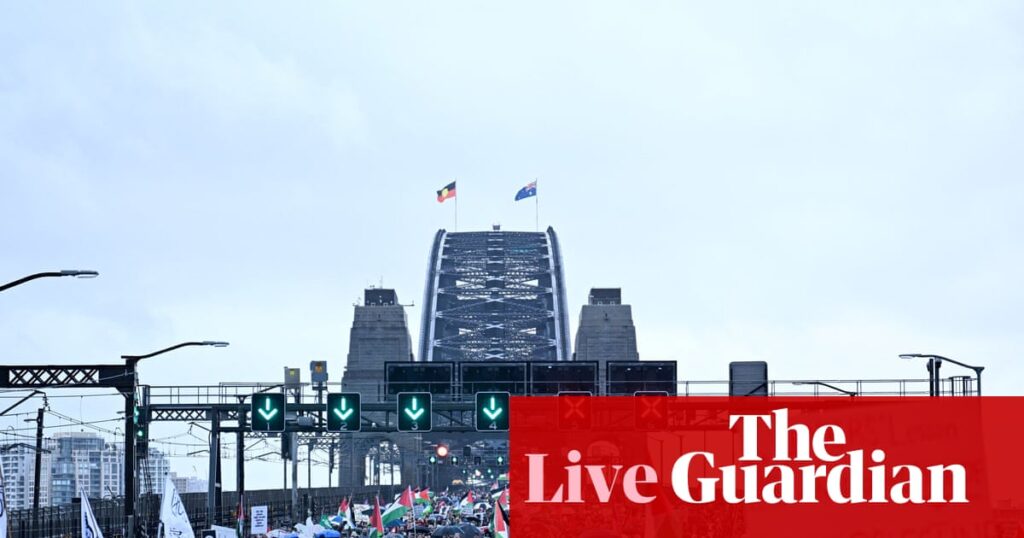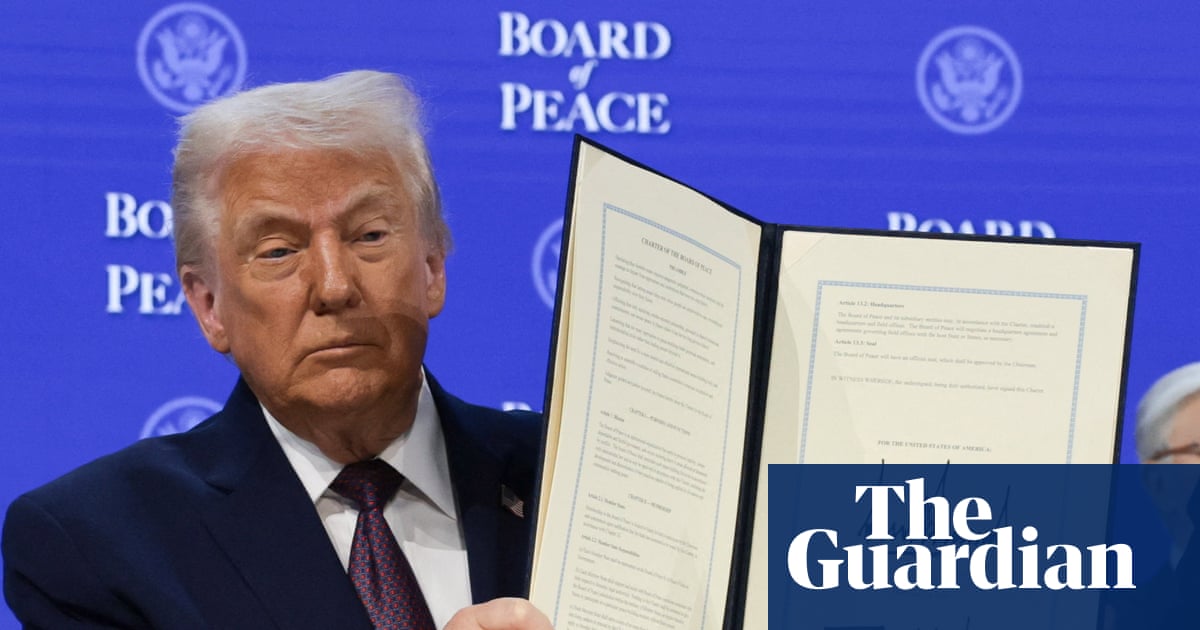
In a recent development that has stirred international diplomatic waters, Israel’s deputy foreign affairs minister, Sharren Haskel, has labeled the over 100,000 protesters who marched across Sydney Harbour Bridge as “naive” and “useful idiots.” The demonstration, which took place almost two weeks ago, was organized to call for an end to the ongoing Israel-Gaza conflict. Haskel’s remarks on ABC’s Radio National have ignited a wave of reactions, highlighting the complex dynamics of international opinion on Middle Eastern conflicts.
Haskel stated, “I truly believe that most of this crowd was the same crowd who was gathering together since the 8th of October.” She further commented, “The rest are useful idiots that are being used as tools in the hands of those who are trying to promote those radical jihadist ideas. And unfortunately, many naive people in Australia are falling for a lot of the propaganda of those terrorist organisations and those radical jihadist organisations.”
Australia’s Child Protection System Under Scrutiny
Meanwhile, Australian Prime Minister Anthony Albanese has criticized the current working with children check systems as “hopeless.” This statement comes ahead of a crucial meeting between attorney generals aimed at establishing a national framework for child protection. The urgency for reform was underscored by recent media reports of a male childcare worker accused of grooming children, yet retaining his working with children check.
Albanese emphasized the need for a robust national system, stating, “These revelations are a wake-up call for state and territory governments in terms of the regulations, but also the Commonwealth.” Federal Attorney General Michelle Rowland echoed these sentiments, noting that while the process could take up to 12 months, it remains a priority for the government.
Australia’s Diplomatic Moves and International Reactions
In a related diplomatic narrative, Australia’s decision to recognize Palestinian statehood has drawn criticism from the United States. US Ambassador to Israel, Mike Huckabee, expressed “disgust” over the timing of the announcement, describing it as “unilateral” and “ill-timed.” This sentiment was shared during an interview on ABC’s 7.30, where Huckabee remarked on the negative impact of the decision on peace negotiations in Gaza.
Contrary to Huckabee’s claims, Australian Health Minister Mark Butler clarified that there had been prior communication between Australia’s Foreign Minister Penny Wong and US Secretary of State Marco Rubio. Butler stated, “There was a discussion between our foreign minister, Penny Wong, and Secretary of State Rubio before the announcement.” This assertion highlights the nuanced diplomatic engagements that often precede public policy announcements.
Crackdown on Organized Retail Theft
In domestic news, Victoria Police have dismantled a major theft syndicate, arresting 19 individuals allegedly involved in shoplifting over $10 million worth of goods from major supermarkets. The operation, described as one of the largest of its kind in Australia, targeted a network predominantly comprising Indian nationals on temporary, student, or bridging visas.
Detective Acting Inspector Rachele Ciavarella noted, “This has been one of the most significant operations we’ve undertaken in recent times to target organized retail theft.” The investigation, led by the Box Hill divisional response unit, continues with further arrests anticipated.
Commemorating Historical Sacrifices and Economic Challenges
As Australia commemorates the 80th anniversary of the Second World War, the Australian War Memorial is set to honor the nation’s fallen soldiers. The ceremony will pay tribute to individuals like Warrant Officer Class 2 Frederick Balfe Emanuel, whose story serves as a poignant reminder of the sacrifices made during the war.
In economic news, the Business Council of Australia has proposed a plan to cut the country’s $110 billion red tape burden. The council’s blueprint aims to reduce regulatory costs by 25% by 2030, advocating for streamlined compliance and licensing regimes to boost productivity and investment.
Bran Black, BCA chief executive, emphasized the need for reform, stating, “We have become too complex a country in which to do business, and that’s a massive handbrake on our ability to lift productivity and living standards.”
The developments across these diverse sectors reflect both the challenges and opportunities facing Australia as it navigates complex domestic and international landscapes.






